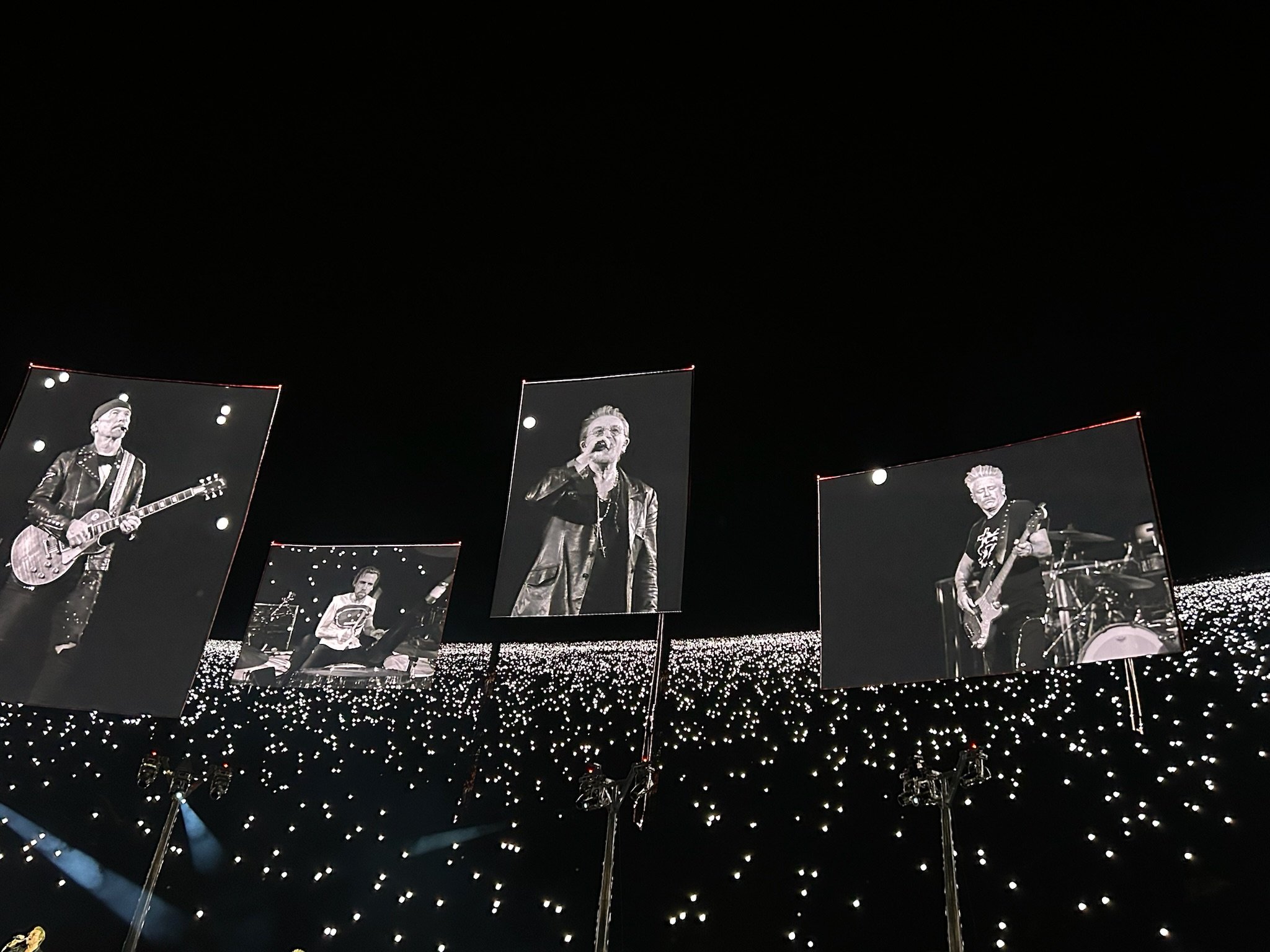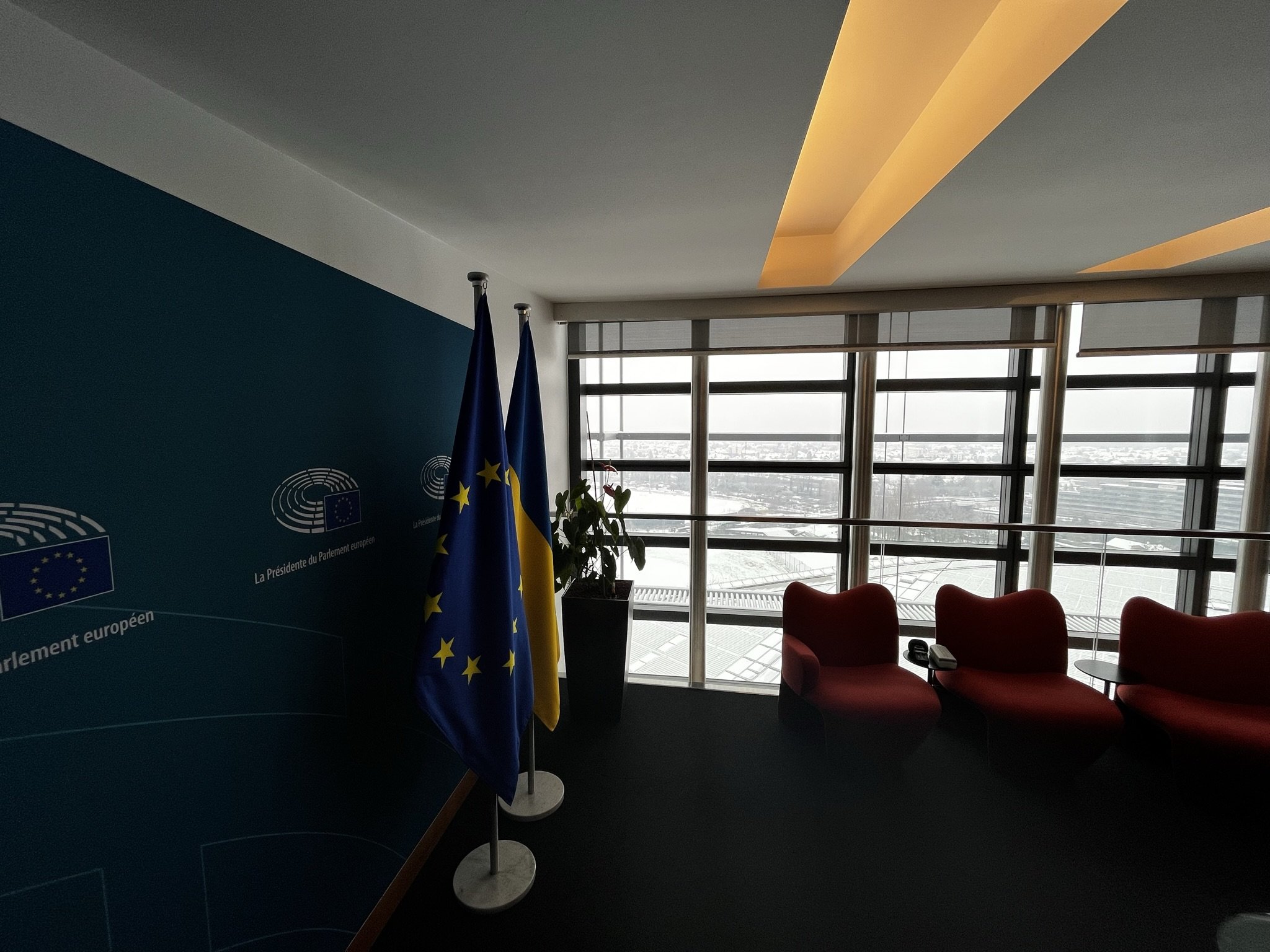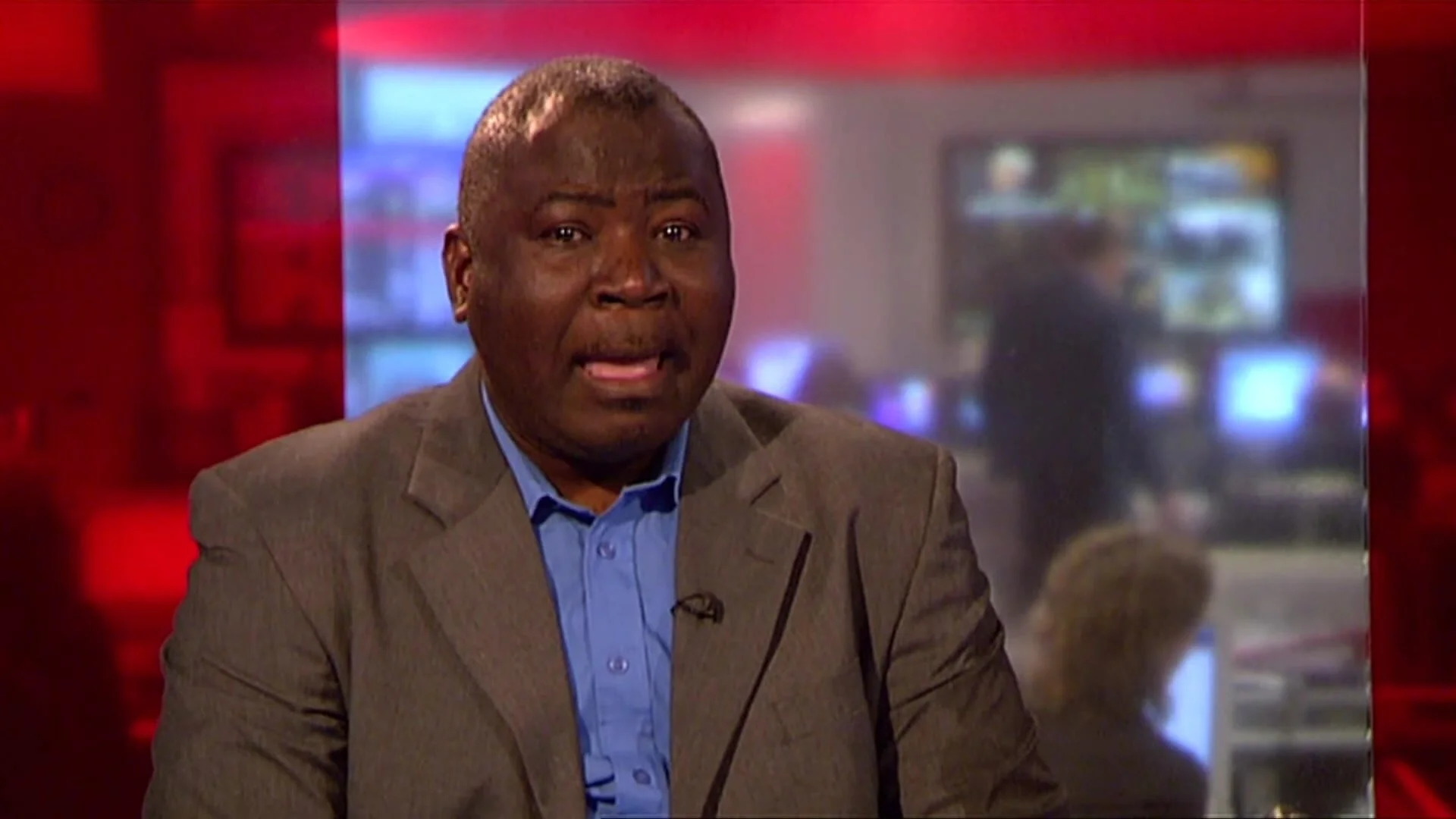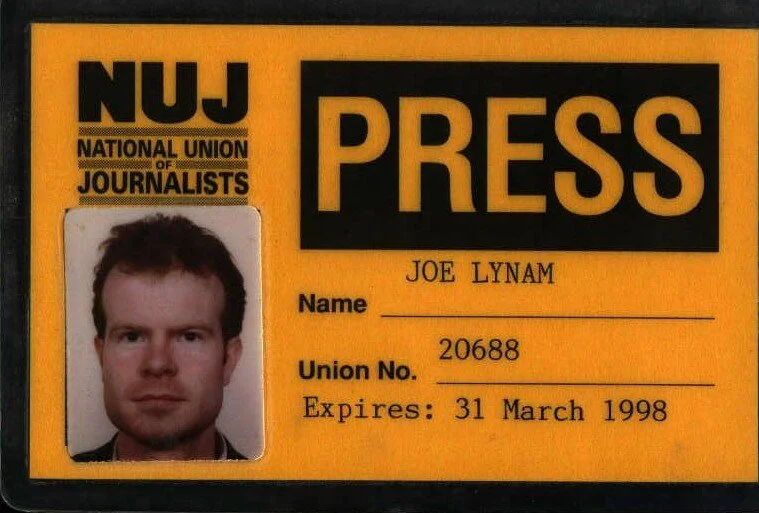On The Make America, Again!!
Posh neighbourhood - awful roads
Most people have a sunny image of America thanks to watching films and TV series. It usually displays wealth and sunshine. People are usually well groomed and mostly friendly. Americans are certainly friendly but mostly to those whose money they depend on.
4 Northsiders in the desert
I spent a week in California and Nevada recently (catching U2 in the Sphere if you must know) and was struck by the sheer cost of things and the sheer nakedness of the upselling.
‘Would you like to go for our breakfast special today - only $34?’
‘Would you like to upgrade your room - only $250?’
‘Would you like to go for a bigger car today Sir?’
We Europeans find the tipping culture in America pretty shocking. People who do their job for which they are paid also expect - nay demand - that you also tip them between 17 and 25% on top of that and the local state taxes for doing that job. This makes dining or drinking out in the US very pricey - even for those of us who are used to London and Dublin prices. The price of a draught beer in LA is usually above $10 and wine, which is picked off the vine a mere hour or so away, usually $12 a glass. Add in the expected tip for the strenuous task of taking the lid off the bottle and it soon reaches the equivalent of €15 for a modest quality drink.
Peggy Sue’s diner off the Freeway to Las Vegas
This makes an average meal very expensive for most people and that includes Americans who by my calculation, would need to earn $100,000 before tax to maintain a distinctly normal lifestyle in CA or NV. BTW Rents in LA make Dublin/London look affordable.
Now I know that many people in the hospitality sector work incredibly hard and many deserve their tips. But countless numbers do not and yet get them anyway on top of their state minimum wage of $12 an hour. And it is that sense of entitlement which irks. The fact that if you don't tip the barman for the first drink, he or she will simply not come back to you again.
Excalibur hotel in Vegas
Or take the shop in Vegas in which I wanted to buy a T-shirt as a memento of my trip. For a piece of black material with a tiny piece of artwork on it, they wanted $50. I picked it off the shelf, brought it to the till where it was scanned, state tax added and then the card machine swivelled around in expectation that I would tip 20% ($11) on top of that again. I had to seek out ‘Custom’ with the small font.
When I first came to the US in 2000, the tip was in cash and usually around 12%. But it is now around 20%. Where does that sense of entitlement end? 40%? 50%? At what point do Americans themselves say enough is enough?
One of our travelling companions flew on to Nashville in Tennessee and said the price of food and drink there was appreciably lower than California.
That suggests that the borderless market is alive and well and driving down prices in the ‘Red states’ at least. But the rents and wages are also appreciably lower.
The Warner Bros studios in LA
And it’s not just in hospitality that the constant upselling goes on. We went on a Warner Bros studio tour ($75 per person) and the final hour of it was a wonderful museum - tainted by the fact that all the way along the organisers were trying to get you to pay for photos they had taken of you beside movie memorabilia along the way.
The Bat Bike
Meanwhile the quality of the roads in the US are rapidly deteriorating which suggests to me that money which might have gone on taxes is now going into pockets for personal aggrandisement as everyone kicks the can of public space improvement down the road.
I’m not saying i prefer the gruff directness of German department store staff or Finnish barmen ahead of faux smiles from Americans but maybe we have the right mix here in Ireland where people are friendly, motorways are smooth(ish) and no one expects a 20% tip for doing their job.
Maybe - just maybe - the grass is not always greener on the other side (of the Atlantic.



































